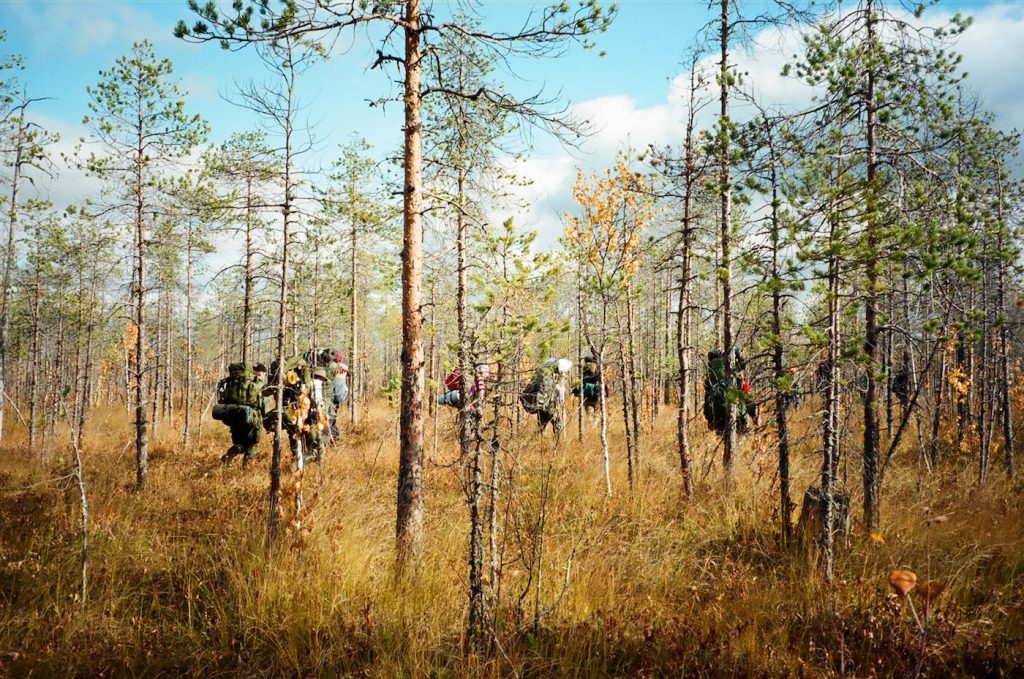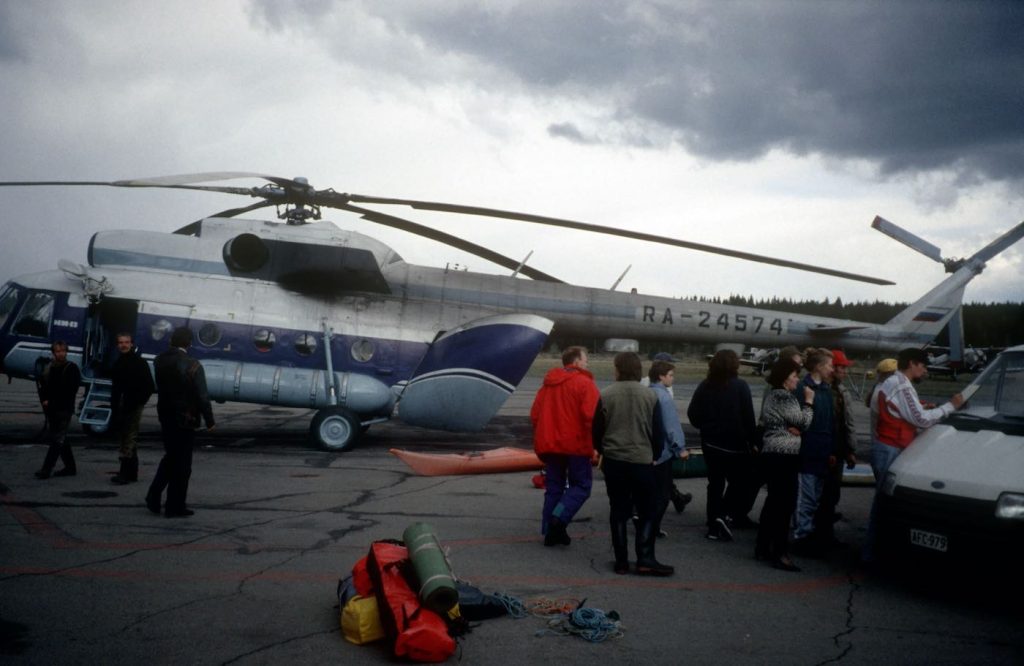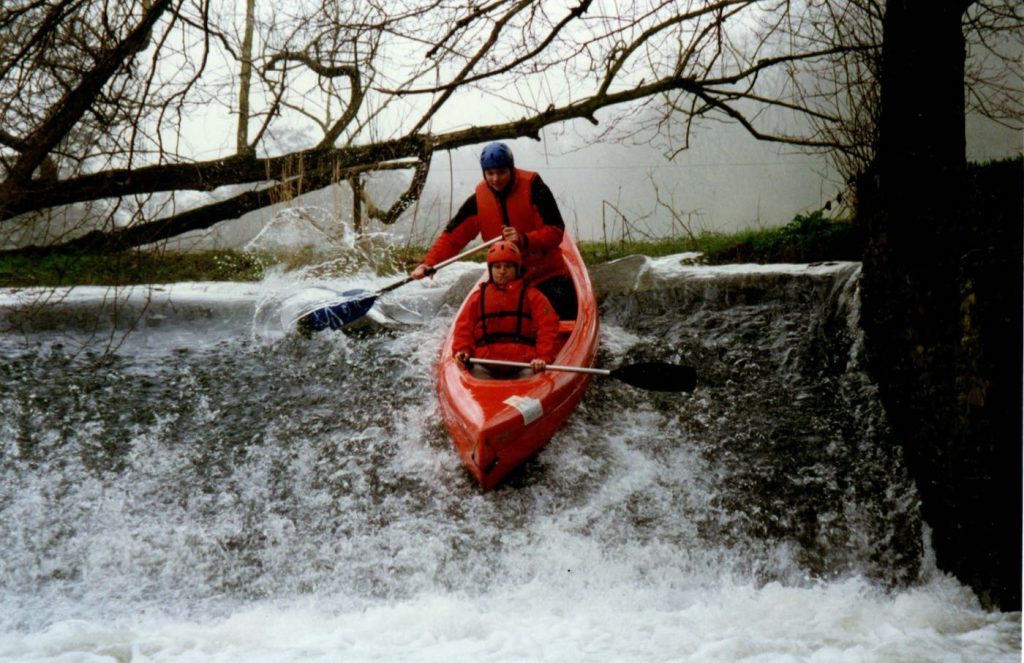
The wilderness guide program started in Kuru, Finland in 1988. The first two courses of the program were held in Finnish. In the summer 1993, the teachers Martti Malinen and Martti Kolkka decided to go on an exploration trip to Vodlozero National Park in Russia. They found beautiful pristine forests and decided to start planning a new concept. After some serious sauna sessions, the idea became clear to go international and find international partners. The principal of the school in those days was in favor of the idea. After some time, the network of international partners was complete: Vodlozero National Park and Hartbury College In the UK. The first English speaking program started in autumn 1995.


Since then, there have been multiple changes: As it turned out, the British education culture did not match well with the program. Furthermore, due to financial cuts in Finnish education, the three-week trips to Russia are not organized anymore. Nowadays, all trips are to destinations in Finland. The teachers have changed too: When Mr Kolkka quit in 1999, Timo “Henkka” Järvenpää led the program for numerous years and was retired in 2023. Nowadays, Mikko Oinonen is responsible for the program.
A tradition of the program is an expedition called the Bear Ski. It takes place at the same area in Lapland every year – Peuravaarankaira. On that trip the students ski solo for nine days in the forest. Only every third day they visit the teachers camp to show that they are fine. This trip is a real self-esteem builder. The canoe expedition destination is nowadays much closer to home what it used to be. The first trips where paddled on river Ileksa in Russia. Now the paddling route follows a historic river and lake route in Mid-Finland called “The old 5 mark bill route”. As most of the trips are organized north or east of Kuru, there is one exception: The Archipelago National Park in the Baltic Sea. Most of the times the destination in the National Park has been the Jungfruskär island. In early June it is an excellent place to study an abundance of plants and birds in a relatively small area. Furthermore, the students of the program help Metsähallitus (Forest and Park Service) to keep the meadows on the island open.
Altogether, planning and executing all four expeditions – one on foot, two on skis and one on canoes -keep the students of the program busy. Not to mention all the tasks that build the skills and qualifications in the field of hiking and nature guide services. We believe in the importance of traditional wilderness skills: cooking on open fire, camping in open shelters, orienteering with map and compass. Knowledge of nature with all its facets is also an important part of the education.
Every autumn, a meeting is organized to which all alumni are invited. In those meetings, it is easy to feel the sense of community among IWG. New members can always ask for advice from the “veterans”.
In recent years, the Ministry of Education has imposed the rule that vocational trainings like the wilderness guide program must be held in Finnish. Therefore, the program is currently run in Finnish, but we are constantly searching for a solution to return to English as teaching and exam language. Despite these challenges, in the end it is the strong sense of community between current and former students that connects us and the solid nature knowledge that has gained us a good reputation among employers. And our reward is the smile on the faces of the people that we take on unique and safe nature experiences.
